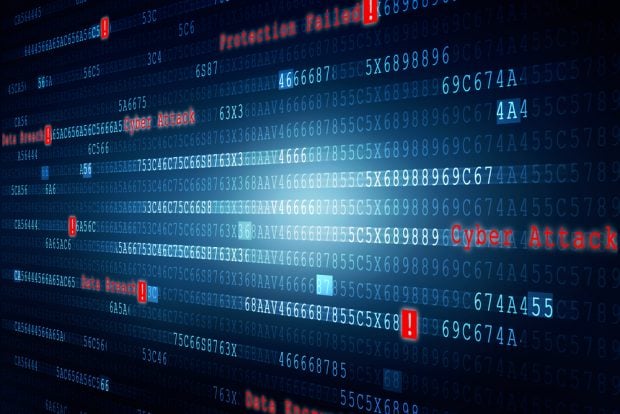Baby Boomers are behind the curve when it comes to safeguardingagainst identity theft, financial fraud and loss of personaldata.
|According to a survey by AVG Technologies, Baby Boomers need tobecome more educated about digital security. Adults between theages of 46 and 64 make up one-quarter of the U.S. population. Ofthose, 81% own desktop computers, 61% use laptops and another 30%use smartphones. Twenty percent were found to use tablets toconduct online transactions.
|While many of this older generation are willing to use newtechnologies, many are not aware of the resources available to helpprotect their identities. Of the 1,300 Baby Boomers surveyed withhome Internet access, 65% said they don't check online bankingstatements more than once per week and more than 40% use onelow-limit credit card for online purchases.
|“Some of the better attackers know exactly who they are dealingwith and will view Baby Boomers as being deficient in online safetyskills,” said JR Smith, CEO of AVG Technologies. “The opportunityto take advantage of them is on the rise; therefore, it's importantfor Baby Boomers to familiarize themselves with how to minimize therisk of theft or fraud.”
|Some Boomers do take steps to protect their digital identities.The survey found that 39% run manual antivirus scans more than oncea month and more than 50% back up their home computer data withexternal media, such as CDs, jump drives or other personal storagedevices.
|Nearly 60% of those surveyed do not protect their cell phonewith a password; 45% would have to manually reenter data shouldtheir phone be lost or stolen, and nearly 20% report at least oneother person knows their password.
|“Mobile devices have become extremely popular with aging parentsand grandparents,” said Smith. “Tablets and smartphones simply makelife easier by allowing access to family photos, banking, shopping,and medical records from any location at any time. What they don'tknow is that public Wi-Fi, for example, makes them extremelyvulnerable to data theft. And you don't have to be a grandpa toleave your iPad in a taxi.”
|AVG recommends that Baby Boomers take some simple steps towardprotecting their online identities, including changing passwordsregularly and keeping them secret from others; using one creditcard with a low spending limit for all online purchases; backing updata from your computer or mobile devices onto an external storagedevice; protecting your mobile devices with antivirus software andbe wary of phishing scams. Never click on links in emails frombanks or other financial institutions. Go directly to their websiteand enter login information from their home page.
|This article was originally posted at BenefitsPro.com, a sister siteof Credit Union Times.
Complete your profile to continue reading and get FREE access to CUTimes.com, part of your ALM digital membership.
Your access to unlimited CUTimes.com content isn’t changing.
Once you are an ALM digital member, you’ll receive:
- Critical CUTimes.com information including comprehensive product and service provider listings via the Marketplace Directory, CU Careers, resources from industry leaders, webcasts, and breaking news, analysis and more with our informative Newsletters.
- Exclusive discounts on ALM and CU Times events.
- Access to other award-winning ALM websites including Law.com and GlobeSt.com.
Already have an account? Sign In
© 2024 ALM Global, LLC, All Rights Reserved. Request academic re-use from www.copyright.com. All other uses, submit a request to [email protected]. For more information visit Asset & Logo Licensing.









